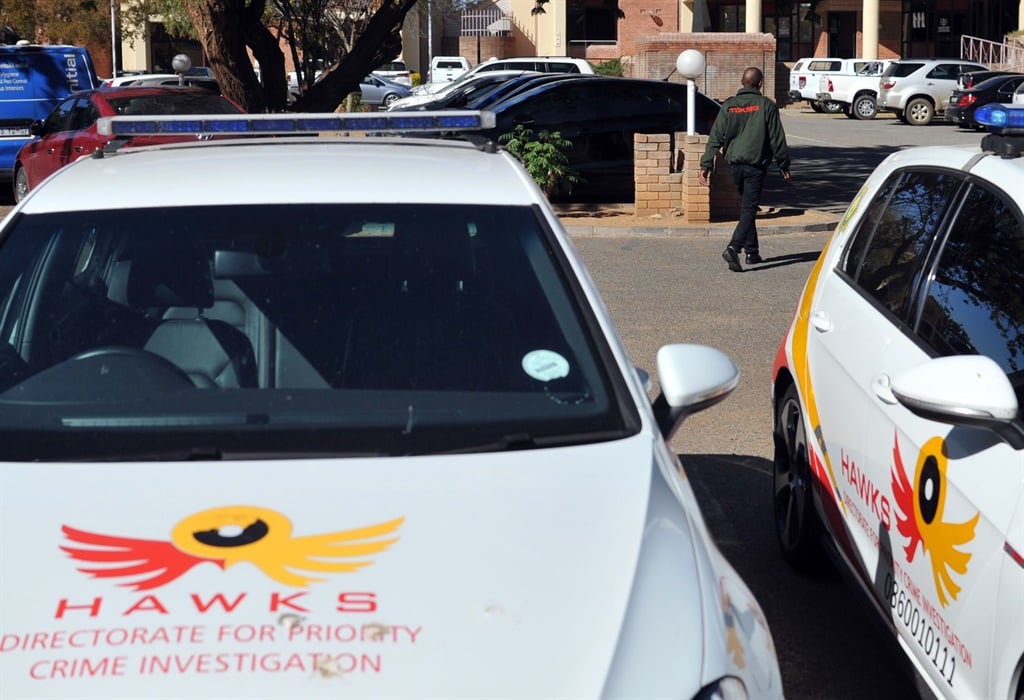As the coronavirus spreads, employers and employees alike are faced with the question of what to do should employees fall ill, need to work from home, or be quarantined.
Labour law experts Aadil Patel and Anli Bezuidenhout of law firm Cliffe Dekker Hofmeyr took a look at some common questions.
When can an employee be dismissed due to the coronavirus?
In terms of Schedule 8: Code of Good Practice Dismissals, an employer must investigate the extent of the illness if the employee is temporarily unable to work. If the illness may result in a prolonged absence from work, alternatives to a dismissal must first be considered.
According to the experts, the factors to take into account in considering alternatives to dismissal include: the seriousness of the illness, the period of absence, the nature of the employee’s job and whether a temporary replacement may be secured.
During this process, the ill employee should be given an opportunity to make recommendations as well.
Only once all these processes have been followed and no alternative to dismissal found, may an employer consider dismissal.
A retrenchment is as a result of no fault on the part of the employee. In the circumstances, it is not an opportunity for an employer to terminate the employment of ill employees.
At this point, the coronavirus is unlikely to trigger an operational need. The recommended period for recovery/isolation is 14 days – this in itself cannot trigger a need to retrench. However, should a large number of employees be infected, an operational need could possibly arise in future.
What can be done about employees who refuse to come to work?
Employees remain obligated to come to work, unless instructed otherwise by their employers. Employees who refuse to come to work must have a valid reason for their absence. The mere presence of the Coronavirus in South Africa does not constitute a valid reason to stay away from work.
Employees who stay away from work without a valid reason, may face disciplinary action. “We encourage employees to rather speak to their employers about their concerns before making a decision to stay at home, without authorisation,” said Patel and Bezuidenhout.
Do employees have the right to work from home?
Employees do not have a right to work from home. Working from home may be considered by employers but should not be implemented by employees without the employer’s consent. We encourage employees to rather speak to their employers about their concerns.
May employees be required to work from home?
Yes. Working from home may be permitted in the discretion of the employer. This is not always viable but could be considered in a corporate environment.
Should employers consider this option, we recommend that clear guidelines be set for employees. This may include that the working environment must be safe, the employee must have a secure telephone line and Wi-Fi connection and employees should remain within travelling distance of the office.
May an employee’s professional or personal travel plans be restricted?
Professional travel plans may be changed or prohibited. However, an employer does not have the right to dictate whether an employee may travel during his/her annual leave or weekends.
Employers may, however, require their employees to disclose if they have travelled to any specific locations in order for the employer to assess the risk to other employees or customers.
What is an employee’s sick leave entitlement?
In terms of section 22 of the Basic Conditions of Employment Act 75 of 1997 (BCEA), the “sick leave cycle” means the period of 36 months’ employment with the same employer immediately following an employee’s commencement of employment.
During every sick leave cycle, an employee is entitled to an amount of paid sick leave equal to the number of days the employee would normally work during a period of six weeks. Usually (for an employee who works five days a week) this equates to 30 days’ sick leave per 36 months of employment.
What if sick leave is exhausted?
An employer is not required to pay employees for sick leave taken when the sick leave entitlement has been exhausted. However, we recommend that authorised unpaid leave be considered, said Patel and Bezuidenhout.

 A senior Hawks officer has been shot dead on the R37 outside Mbombela.
A senior Hawks officer has been shot dead on the R37 outside Mbombela.
 government powers it would not otherwise have. The person yielding much of that power is the Minister of Cooperative Governance and Traditional Affairs, Dr Nkosazana Dlamini-Zuma.
government powers it would not otherwise have. The person yielding much of that power is the Minister of Cooperative Governance and Traditional Affairs, Dr Nkosazana Dlamini-Zuma.